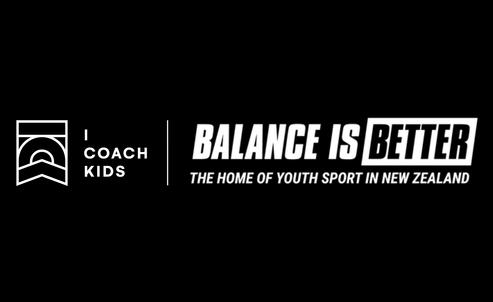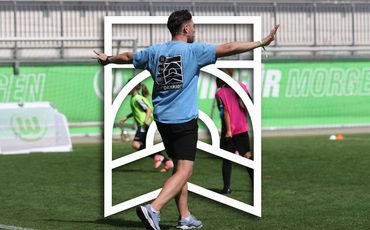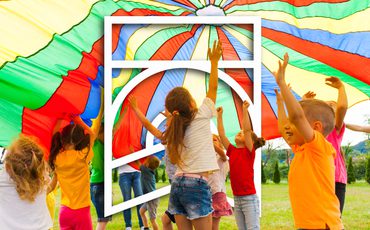
Coaching for Character

Balance is Better
This article first appeared on Balance is Better, an evidence-based philosophy that underpins Sport New Zealand’s overall approach to youth sport. ICOACHKIDS are proud partners of Sport New Zealand since 2020.
How do we help build character? Sport NZ National Sport Development
Consultant, Andy Rogers discusses the concept of coaching for character,
sharing some research and evidence around how sport can be used to develop the
person.
The Power of Sport
Sport and physical activity are essential for improving health and wellbeing. Furthermore, the skills learned through sport are foundational to the holistic development of young people. Many of the core values of sport are compatible with the principles necessary for relational development, such as honesty, fair-play, cooperation, sharing, and respect for self and others. Sport provides a venue to teach character, build common bonds and appreciate the importance of diversity. The life skills learned in sport empower young people and enhance psychosocial wellbeing, such as resilience, self-confidence and connections with others. It provides a laboratory for young people to learn performance character strengths and relational character strengths
Coaching for Character – Pilot Study
The purpose of a new two-year pilot study is to advance our understanding of how Sport NZ can provide community coaches with simple and adaptable tools and concepts that will enable them to embed character education as a component of their coaching practice. To assist us to build the programme, Sport NZ has contracted Dr Ralph Pim as lead advisor. Ralph is an inspiring teacher, dynamic team builder, and exceptional leader. He is recognized as a global expert for developing leaders of character and building cultures of significance. Ralph is the author of nine books and numerous publications.
Why the Pilot Study is Important
A key focus for Sport NZ is to support partners to enrich and inspire the lives of young people by creating a lifelong love of community sport and physical activity. Coaches play an influential role in facilitating the quality of a young person’s sporting experience. We believe that the lessons learned through participating in sport should transcend the playing field and contribute to shaping the character of young people and build more connected New Zealand communities. To maximise the sporting experience, coaches should model character and be competent in providing experiences that shape behaviour and develop one’s character.
Character and behaviour go together. By learning about character strengths and ways to develop them, coaches can help their athletes increase performance both on and off the field.
9 Reasons why Coaching for Character is Essential
1. Coaching for Character creates a paradigm shift in the way people think about character development and sport.
2. Coaching for Character is centred on the theory that character is developed, not just taught.
3. Expanding the definition of character into character strengths makes it more relevant to meeting the challenges faced by secondary school students in school, sport, and life.
4. Character strengths drive performance. Redefining character to include striving for both excellence (performance character) and ethical behaviour (relational character) helps coaches and athletes see that character development is an important key to success in sport.
5. A significant point of difference, as compared with other programs, is that Coaching for Character helps athletes, coaches and teams define their character strengths in observable behaviours.
6. Character strengths expressed as a single word can be vague and left to interpretation. In Coaching for Character, coaches and athletes transform character strengths into visible actions. Team members know the definitions of their desired character strengths, understand what they look like, and how to model them during training and competition.
7. Athletes learn how to take responsibility for their own development by aligning their thoughts, feelings and behaviours with their goals and dreams.
8. Athletes progress through 3 levels of character development:
- Level 1: Athletes know what character strengths are.
- Level 2: Athletes practice character strengths in training and games while coaches teach, model, shape and reinforce.
- Level 3: Athletes consistently model desired character strengths. It becomes part of who they are as a person and an athlete.
9. Coaches and athletes learn that character development and player development go hand-in-hand.
For more on Balance is Better, visit https://balanceisbetter.org.nz...
Comments
Related Pages


